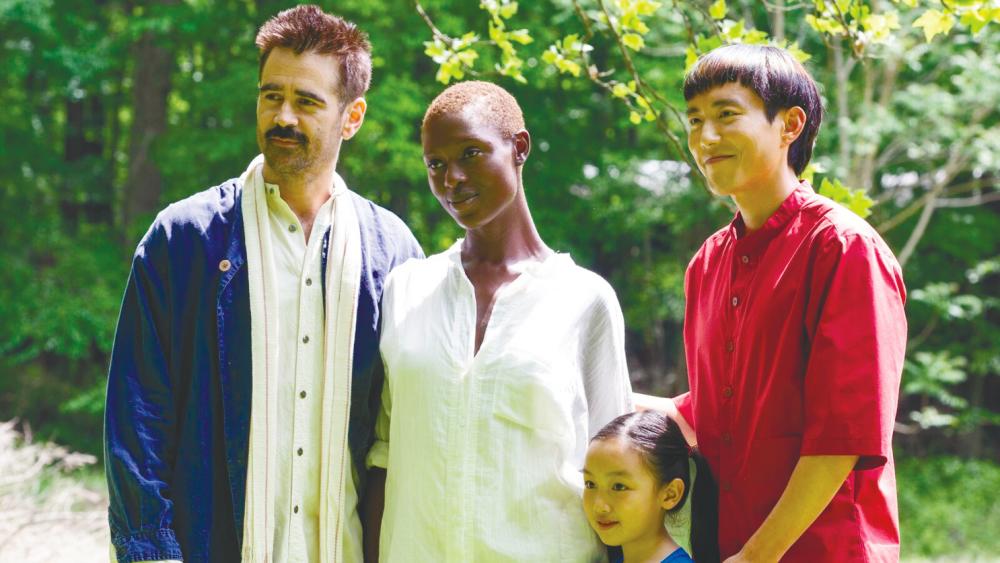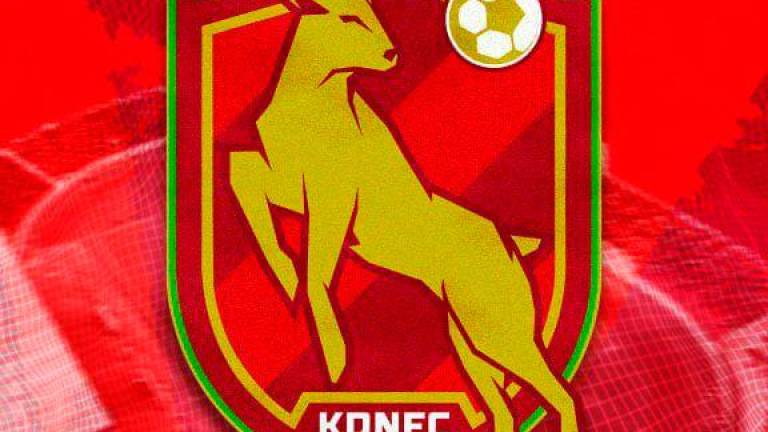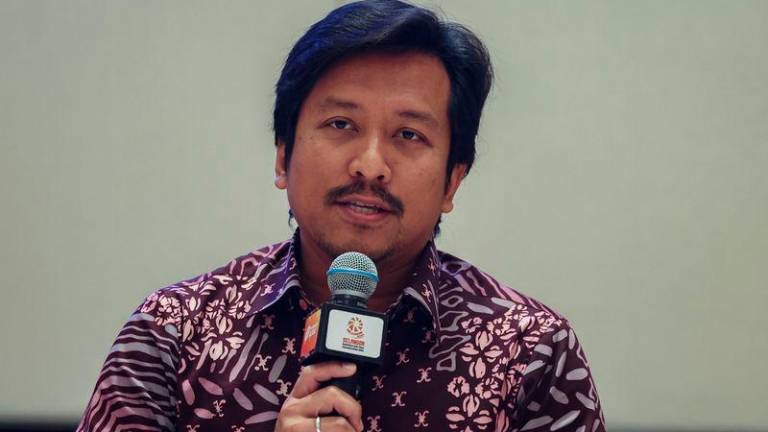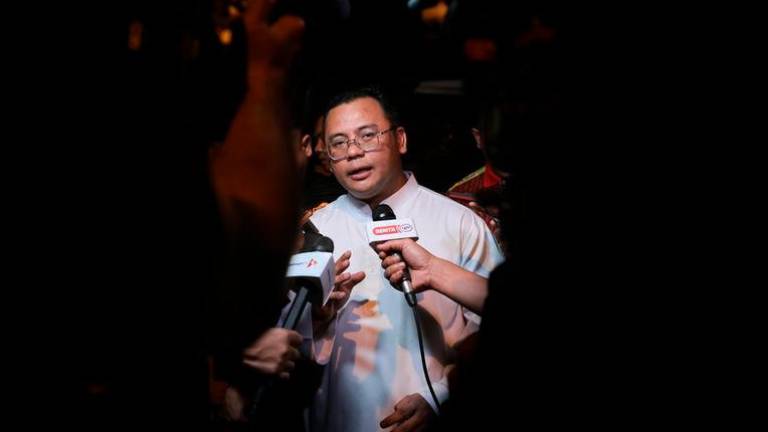SET in a future that might very well be our own, After Yang tells the story of Jake (Colin Farrell) and Kyra (Jodie Turner-Smith), the adoptive parents of Mika (Malea Emma Tjandrawidjaja), and their attempts to have Mika’s cyborg “step-brother” and caregiver Yang (Justin H. Min) fixed when he abruptly stops functioning.
Though the film’s premise is science-fiction, writer and director Koganada’s focus is not on telling the story about this fictional world, where cyborgs and human clones are commonplace.
Instead, Koganada explores the questions pertaining to the idea of “identity”, the sense of “self”, the Asian conundrum in films, and the construct of family.
These are ideas that have already been presented in many films of this ilk in the past, such as Steven Spielberg’s A.I. and most recently, Alex Garland’s Ex Machina.
Everyone in After Yang is a distinct individual; Jake is a Caucasian man whose trade involves Chinese tea, Kyra is a succesful Black businesswoman, Mika is a Chinese girl and Yang is a cyborg whose artificial intelligence mainframe is designed around the identity of “a Chinese person”.
Due to the demands of Jake and Kyra’s work, they have little time to spend with Mika. Using Yang as a crutch, the couple effectively neglect their duties as parents beyond making sure the young girl is fed.
Both Jake and Kyra also leave the duties of educating Mika on her ancestral, racial and cultural heritage to Yang, who was specifically chosen due to the cyborg’s pre-loaded wealth of knowledge about the Chinese.
Not long after the film begins, a particular scene cements the couple as being happy that they have Yang, who at that point, serves merely as a walking and talking Google Search that is also able to take care of household duties, while Mika, who grew up with Yang, sees him as a real sibling and more importantly, as a human being.
This of course quickly unravels when Yang shuts down, and Jake – the central figure in moving the film forward – comes to realise that within the cyborg, lies a wealth of memories, of its current and past life.
And through those memories, Jake comes to see how Yang’s memories of him, Kyra and Mika, are much more tangible, real and filled with more human warmth than Jake’s own recollection of events in their lives.
Asian existentialism also plays a crucial role in this film, as Yang – who is first presented as a husk, a cyborg – is quickly revealed to be slowly, but surely spiraling down the “Am I just a robot? Am I happy?” rabbit hole.
It is these contrasting characters and their relationships to each other that buoy After Yang with real life poignancy and “comfy” entertainment value, so much so that even though the film is only an hour and a half long, time fleets by so quickly.
The film could also function as a commentary on Asian family units.
How many of us have had caregivers or maids for our children? How many of us actually share real moments with those same children, or are the caregivers the real ones who share closer bonds with the children?










